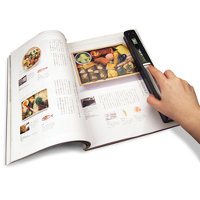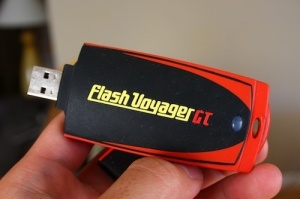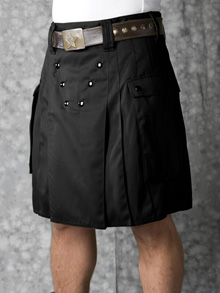Written by Lori Thiessen
Late December seems a natural time to reflect on the past year and plan for the one ahead.
For me, this past year was filled with quite a few major events some of which were pleasant and some of which were not.
On the business-side of things, I learned some valuable lessons.
1. Make sure that you have the right equipment and that you can really use it.
I tried working with an open source wordprocessing program but found that I needed to go to Microsoft Office after all, just for ease of transferring files to clients. I still do some stuff on the open source program because there are some things that it does better than Microsoft.
I upgraded to a Blackberry Curve from a cell phone, but I didn’t fully take into account how much adjustment the upgrade would require from me, a techno-twerp.
I encountered a couple of embarrassing situations based simply on the fact that I couldn’t fully operate the dang thing! So guess what I’ve been reading lately? That’s right, the user’s manual. Not that it has been much help. It’s all down to playing around on it and practice.
2. Charging enough and sufficiently for your time.
Big learning curve for me. I found that I’ve been totally underestimating the amount of time jobs take me. In a few cases, I’ve had to juggle stuff around or cancel other things to accommodate the schedule I’d agreed to with the client. In future, I’ll estimate the time I think a job will take me then double it.
I’ve also been charging way too little for my time. Being self-employeed means not having a regular, hourly wage. To many, this would seem obvious. I thought so too. But the real proof was in the pudding, as they say.
I felt terribly greedy about charging what other people had been suggesting. Also, I am just starting out in this biz so I felt I couldn’t charge as much as others with greater experience. The result was I didn’t charge nearly enough for my time or present skill set. My income for this year is pitiful, to say the least.
However, there is a way to make a living without pricing yourself out of the market. It just takes trial and error to find that way. Ask your coffee shop office colleagues about their consulting experiences. Review what has happened during the past year.
Then …
3. Write out your findings and conclusions.
I’m now in a process of writing a policies manual for my business. It may sound kind of silly for a one person operation, but as a local business consultant said, “It doesn’t count if it isn’t written down.” When I say manual, I really mean a couple of pages.
The upshot is: I don’t want to have to remember all this stuff all the time. By establishing standards for how my business operates, I can provide better and more consistent service to all of my clients. The manual will grow as the business grows and I acquire more experience.
The great thing is eventually I won’t have to re-invent the wheel every time. With luck, the process of providing excellent service will become easier and better for me and my clients.
Q: What valuable business lesson have you learned this year?
Thanks for dropping by and I’ll save your seat until next time!









